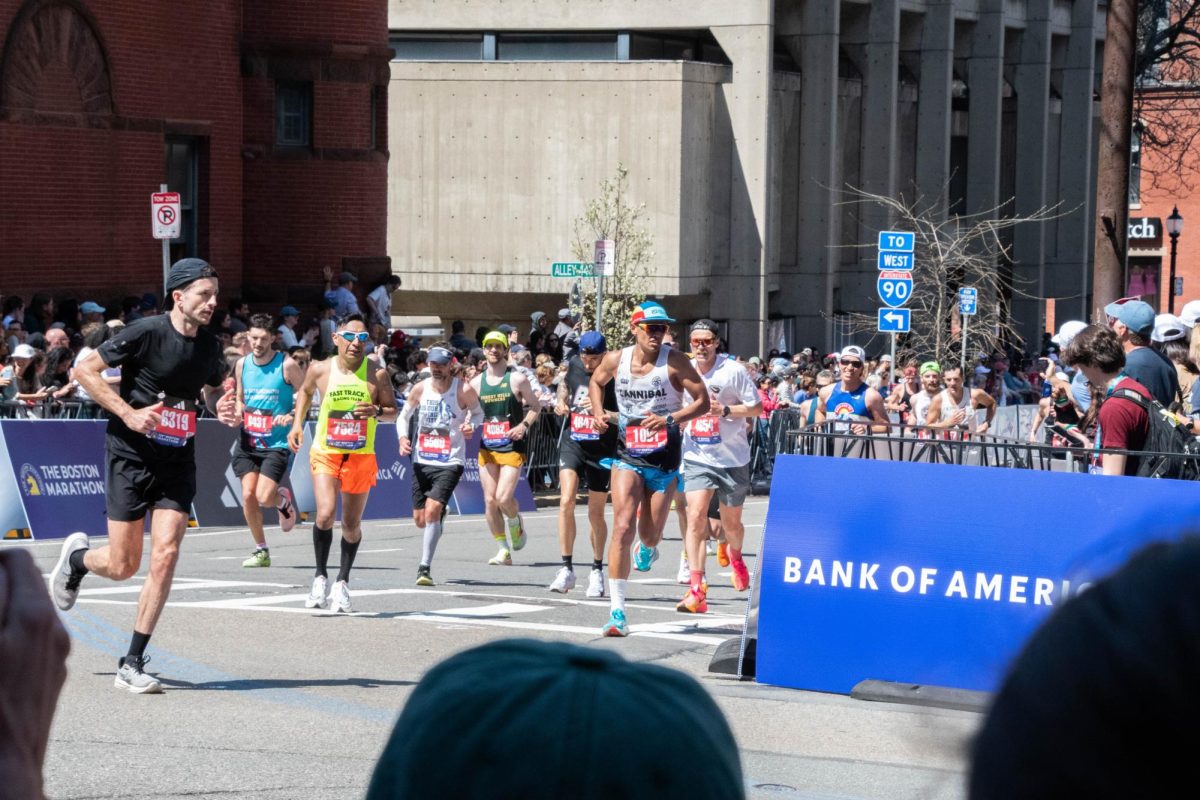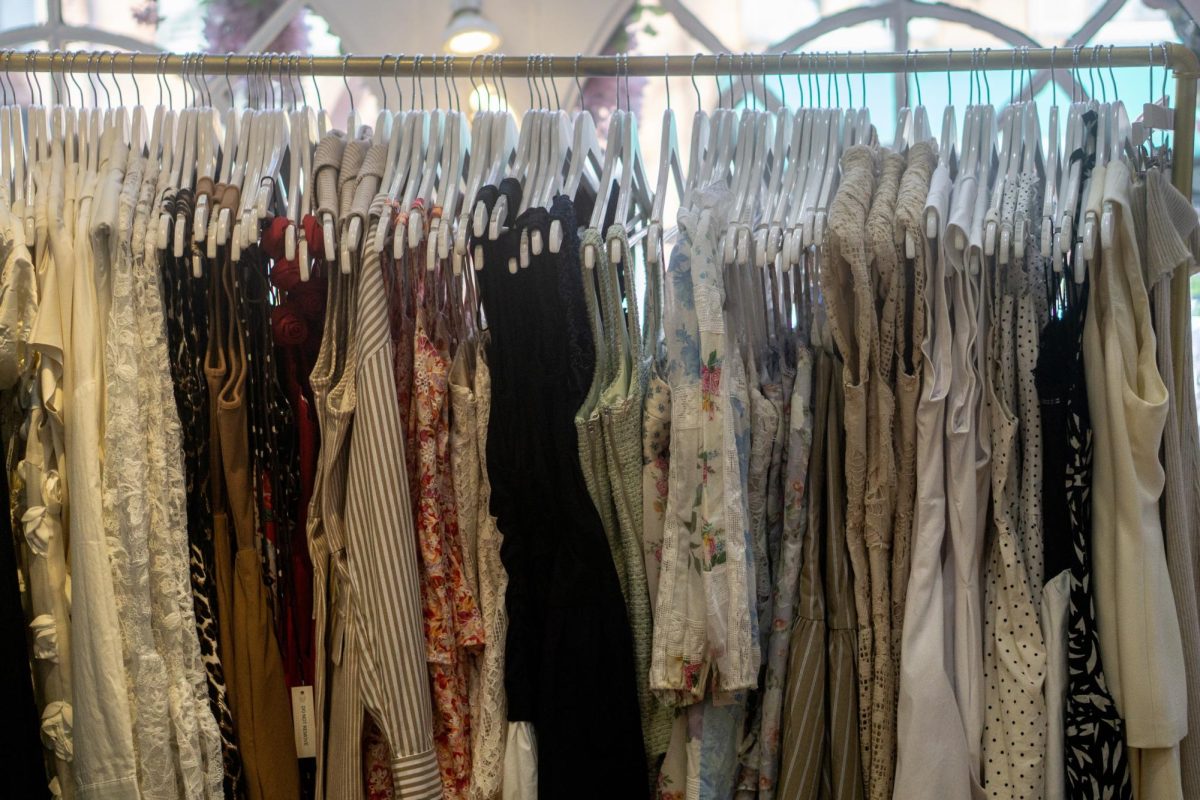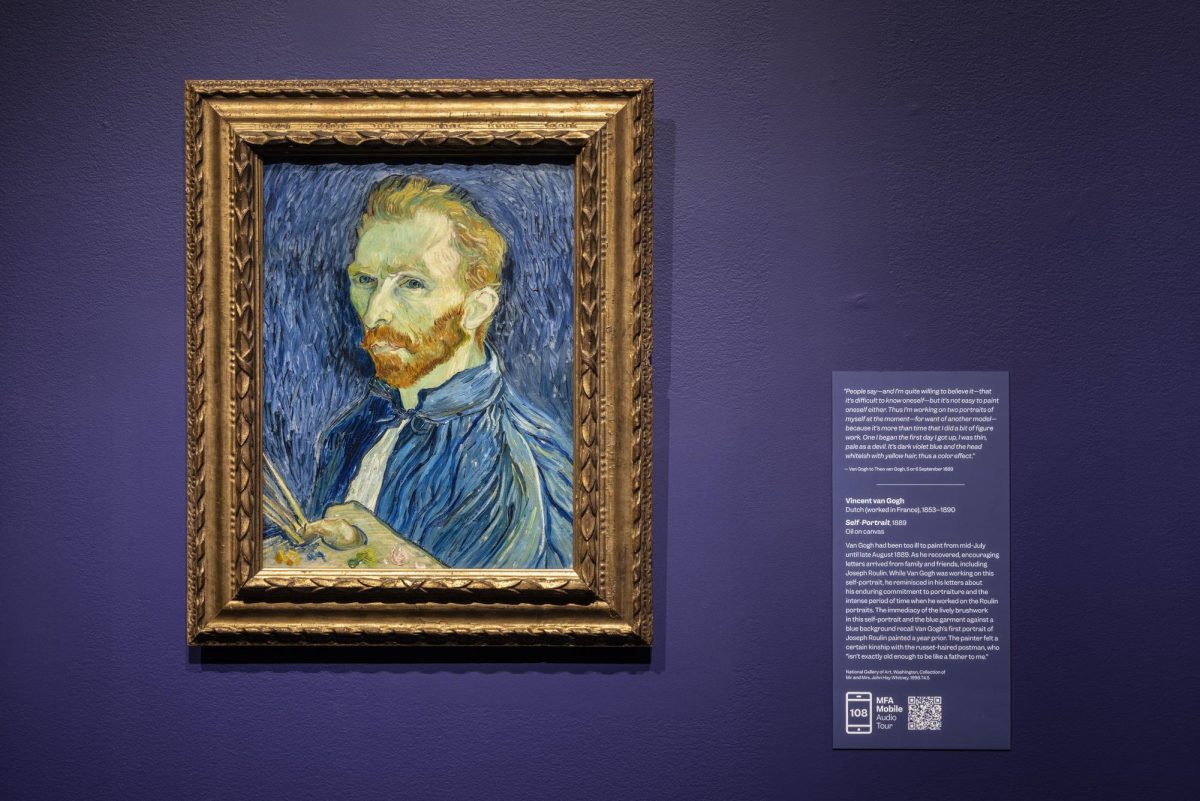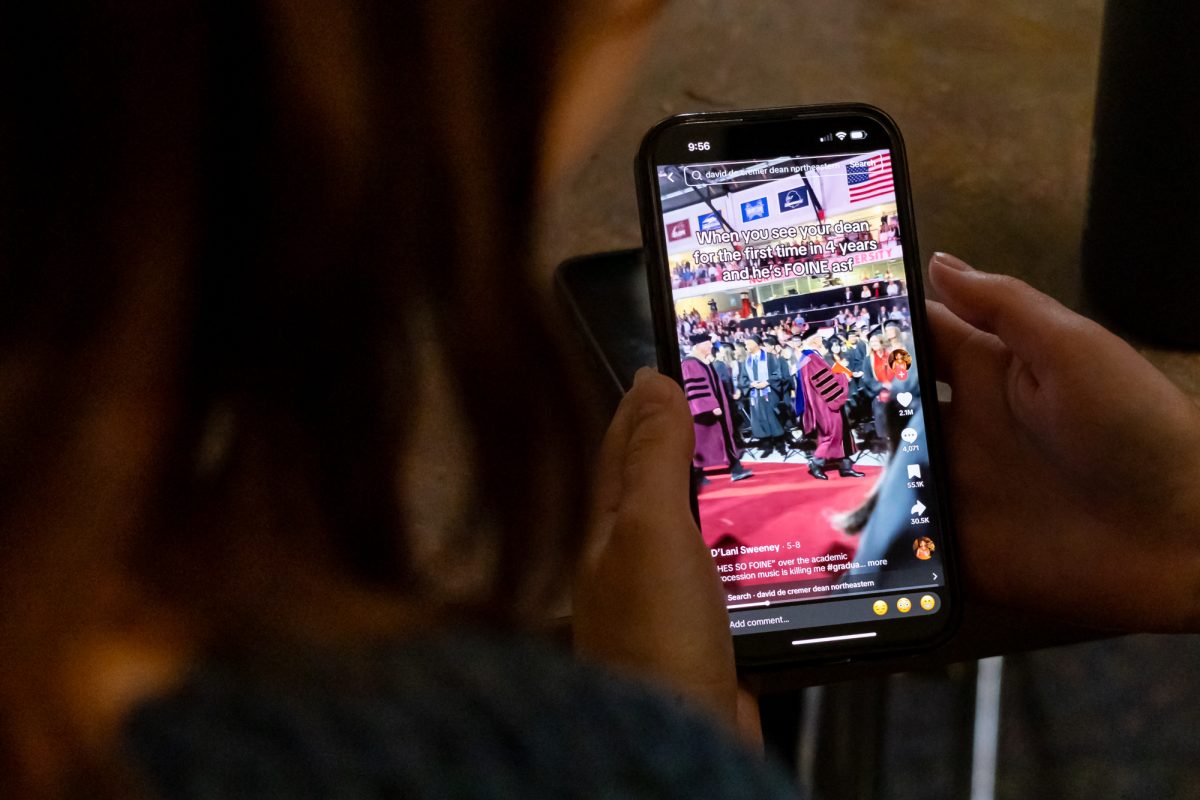By Anna Sorokina, arts & entertainment columnist
A few weeks ago, H&M released an advertisement for its new collection, supposedly challenging stereotypes of what it means to be ladylike. The ad features boxer Fatima Pinto, trans model and actress Hari Nef, plus-sized models Paloma Elsesser and Katy Syme and other strong, non-conforming, diverse women who reject traditional beauty standards. Needless to say, this was wonderful, but only on the surface.
Underneath this surface are Cambodian and Bangladeshi sweatshops, workplace sexual harassment and employees working long hours and earning far below minimum wages. All of this just to sell some cheap clothes to Western feminists who are tricked into feeling “empowered” when they support H&M with their cash.
Some might argue that, yes, obviously it’s a commercial and stores need to advertise in order to stay in business. So is it then better to use models who support progressive feminist ideas than to use thin light-skinned models who perpetuate racially-biased and unrealistic beauty standards?
When it comes to supporting fourth-wave feminism, sure, displaying empowerment is probably better. But only assuming this positive message will make the store’s sales go up. We’re telling fast fashion brands they can mistreat women workers in developing countries all they want as long as they cover up the injustice with a progressive label.
The brand won’t use the extra profit to better increase wages for the wonderful women who make their clothes. H&M won’t make sure sweatshop workers are not abused, and it certainly won’t make working conditions safer. The brand will continue with its business model of hypocrisy instead of actually creating much-needed empowerment among those who spend days and nights in sweatshops. Thanks to capitalism, fast fashion brands will always choose corporate profit over women’s rights to health and basic standards of living.
This ad is problematic because we’re tricked into thinking H&M cares about things that matter. This ad is problematic because it encourages us to unwillingly sponsor what should be considered legal slavery. This ad is problematic because other fast fashion brands, from Forever 21 to Topshop, will probably release similar hypocritical ads because they earn them the most money.
So please, don’t buy into this false notion of progressive thinking. We can reject traditional beauty standards without financially supporting the brand that abuses women.















